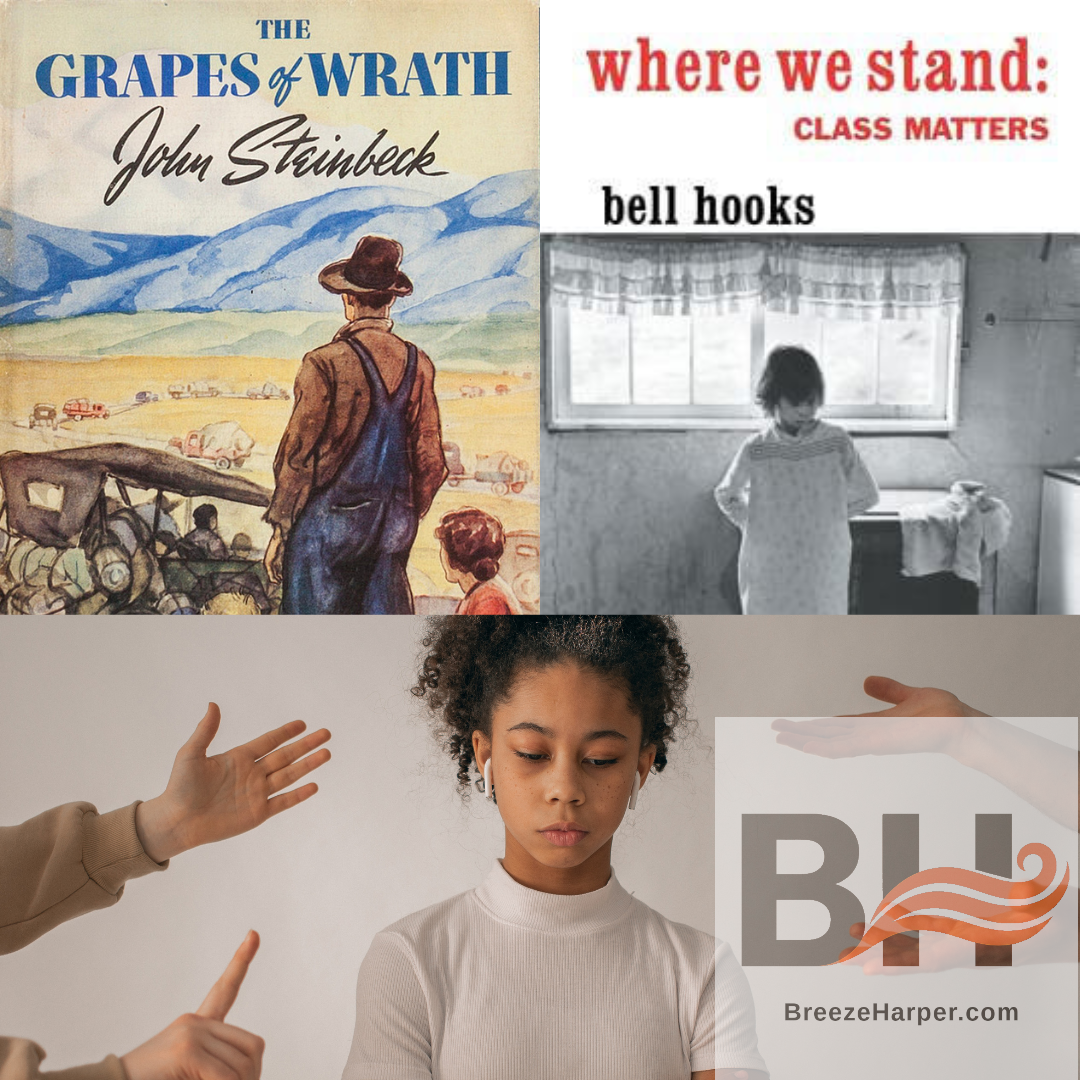Steinbeck, the Dreaded N-Word, and 'Maturity'
I wanted my teacher to acknowledge this. That yes, the Joads suffered under capitalism — AND — that whiteness still gave them power over people like me. That’s not a contradiction. That’s America.

I’m not here to offer pleasantries or palatable reflections. I’m here to set fire to the myth of neutrality, starting with a moment that tried to shut me down before I even found my voice.
I was 15. A Black girl. One of two in a 98% white school in rural southern New England. The year was 1992, and the assigned reading was The Grapes of Wrath.
Before I could even get past the first few pages, I read words I’d never forget. The white protagonist, Tom Joad, said something to the effect of: “I spied a n*gger and shot his head off.”* The message was clear: anti-Black violence, casually delivered, was not only part of the character’s past — it was normalized, unchallenged, even dismissed as character development.
When it came time for the class discussion, I did what our teachers always said they wanted us to do — I engaged. I brought up that very line. Not with rage, but with inquiry. I wanted to talk about how this kind of language and violence sits within the psyche of white America — how it reveals that even the oppressed, like the Joads, are not incapable of being oppressors themselves. That pain doesn't excuse racism.
But my teacher — a petite, “well-meaning” white woman in her 50s — dismissed me with a smile:
“Amie, I just don’t think you’re mature enough to understand the book.”
